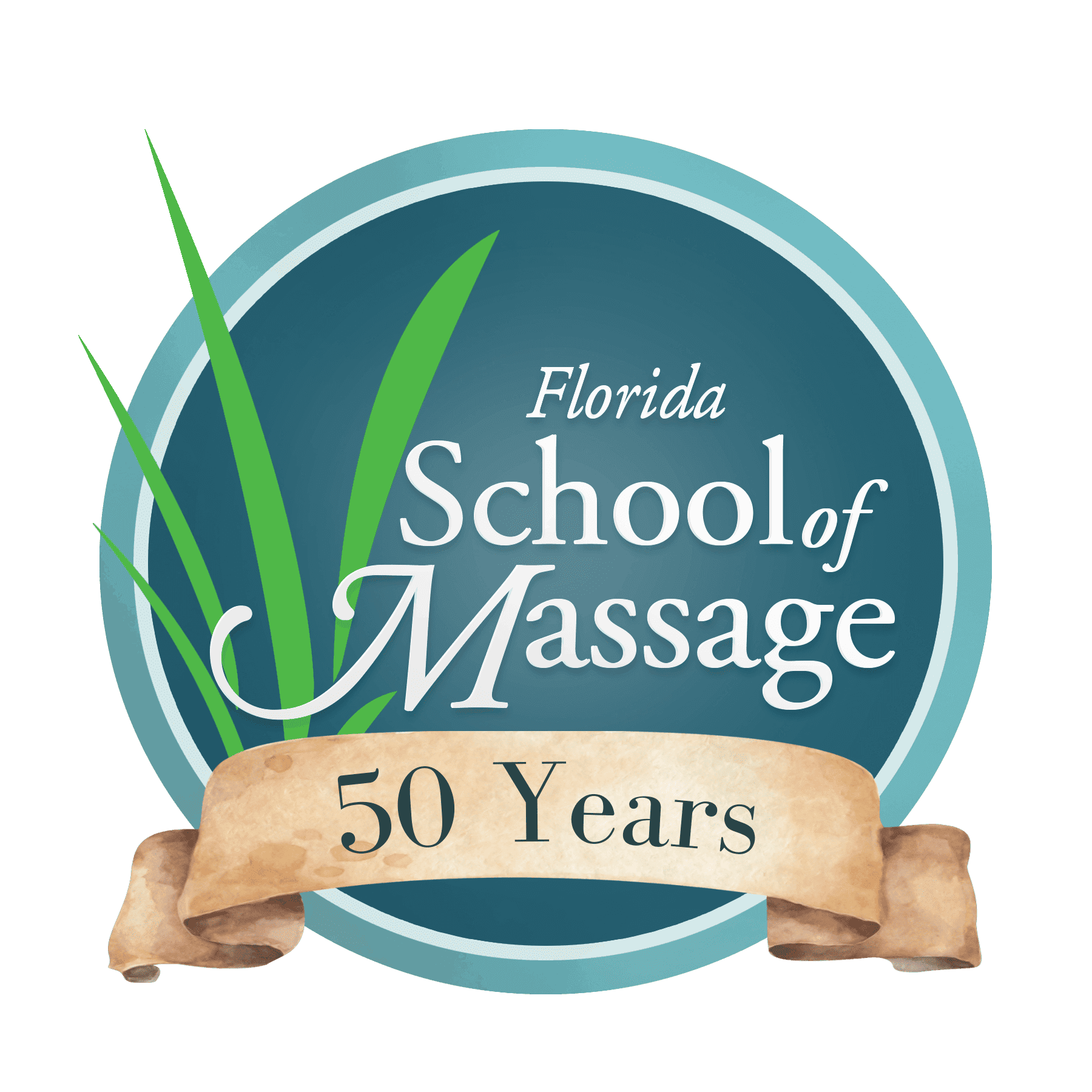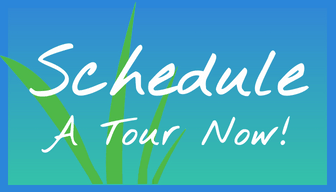By Pete Whitridge
Life is dependent on oxygen; how we breathe and how well we absorb oxygen and release carbon dioxide are critically important factors in our overall health and wellness. It’s estimated that 6-10% of the general population in the US has some form of dysfunctional breathing and the percentage increases to almost 30% of the asthmatic population (which includes those suffering from COPD and other serious respiratory conditions).
Many of my clients come in for treatment of pain and sleep disorders, as well as post-surgical rehabilitation. Quite often these clients also have difficulty regulating their breathing patterns and have lost conscious control of their respiratory function. As a massage therapist, my first goal is to help the client reconnect with their internal functions. Breathing, heart rate, digestion, and elimination are vital components of a fit and healthy body. This internal awareness, known as interoception, seems to be one of the keys to helping clients rebalance and recalibrate their whole-body function.
To this end, I like to initiate treatment with gentle touch, movement, and heat. Receiving touch in response to conscious inhalation and exhalation helps return the client to a parasympathetic response. After which, we can approach working with the muscles of respiration (diaphragm, serratus ant/post, intercostal muscles, and the scalenes group) through active breathing activities and manual manipulation of the bones and connective tissues of the thorax and spine. I also offer guided breathing exercises and practice time to integrate all that we have learned.
The Department of Defense, in an effort to reduce pharmaceutical use and invasive treatments for pain and trauma, has been interested in studying alternative treatment options for active military and veterans. While they have not yet researched massage therapy intervention for breathing disorders, their study of breath for treatment of post-traumatic stress disorder (PTSD) yielded positive results. Breathing-Based Meditation Decreases Posttraumatic Stress Disorder Symptoms in U.S. Military Veterans: A Randomized Controlled Longitudinal Study
“Given the debilitating impact of PTSD on returning veterans and the limited success of current interventions in this population, there is a need to expand the range of intervention options available. This study found that a breathing-based meditation intervention resulted in improvements on psychophysiological and symptom measures.”
My Dynamics of the Breath workshop on November 16-17 will be an opportunity for you as a therapist to focus on strategies for addressing this vital respiratory function for yourself and your clients. We will cover breath control and exercises, anatomy and physiology of the thorax region, massage techniques for improving respiration, and research findings. This will be an opportunity to feel and experience manual touch in these areas so that you too can practice and share with your clients the important message that breath is life. I look forward to spending time with you! For more information, please contact me at justaskpete@mac.com or 772-332-6116.



